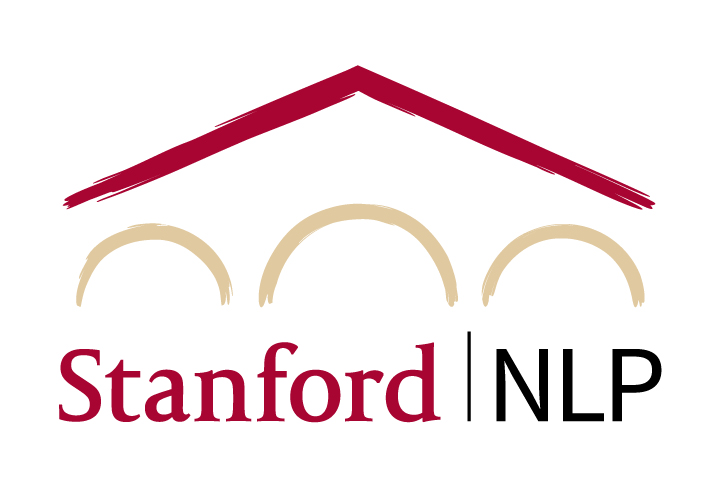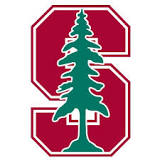Introduction
Your final project can be on any topic related to ethical and social issues in NLP. It can be whatever you want: a computational paper (describing a new system you built, or a replication of someone else's published work, a theoretical result, etc.), an analytic paper, a position paper. It can even be a work of art or fiction.
It should be done in groups of whatever size you want.
The final project encompasses 3 deadlines: a literature review paper, a research proposal, and a final paper. (These are drawn from the requirements for CS224U)
1. Literature Review Paper: Due Mon May 15, 5:00pm
You should all be familiar with this requirement from CS224U, whence we drew it, and you should check out lots of useful material there and there.
This is a short paper (min 4 pages, max 8 pages) summarizing and synthesizing several papers (or works in general) in the area of your final project.
Groups of one should review 5 papers, groups of two should review 7 papers, and groups of three should review 9.
Most people will choose the same topic for your lit review and final paper, but this is not required, and the lit review will be graded on its own.
Some suggestions on lit review structure from Chris Potts and Bill MacCartney from cs224U:
- General problem/task definition: What are these papers trying to solve, and why?
- Concise summaries of the articles: Do not simply copy the article text in full. We can read them ourselves. Put in your own words the major contributions of each article.
- Compare and contrast: Point out the similarities and differences of the papers. Do they agree with each other? Are results seemingly in conflict? If the papers address different subtasks, how are they related? (If they are not related, then you may have made poor choices for a lit review...). This section is probably the most valuable for the final project, as it can become the basis for a lit review section..
- Future work: Make several suggestions for how the work can be extended. Are there open questions to answer? This would presumably include how the papers relate to your final project idea.
- References section: The entries should appear alphabetically and give at least full author name(s), year of publication, title, and outlet if applicable (e.g., journal name or proceedings name). Beyond that, we are not picky about the format. Electronic references are fine but need to include the above information in addition to the link.
2. Project Proposal (Due Friday May 26, 5:00pm)
This is in the form of a short grant proposal, outlining your project and convincing us why it's worth doing. Keep it around 2-4 pages.
For an experimental or scientific paper, the kinds of things you should include are: the problem you're solving and why it's important, and what will be the implications if you solve it, the hypothesis you are testing, the data, models, and metrics, a summary of your initial pilot work so far, and what remains to be done, need to do, mentioning choice points and obstacles.
For a position or survey paper, lay out the landscape of your claim or area of survey, tell us how you are deciding on the scope to be surveyed or the question you are taking a position on.
For an artistic or literary project, tell us your vision, how you expect to realize this vision, and some samples of your initial work so far.
3. Poster Session (Thursday June 8 3:00-5:20pm)
4. Final Paper (Due Monday June 12, 5:00pm)
Most final papers will be in the form of an ACL-style paper. The paper should be 8 pages long, in ACL submission format and adhering to ACL guidelines concerning references, layout, supplementary materials, and so forth.
Papers that describe (or instantiate) artistic projects, or are position papers, are welcome and have more leeway to use whatever format makes sense. But keep it to 8 pages.
For group projects (or those that have involved help from others) include a brief authorship statement at the end of your paper, explaining how the individual authors contributed to the project. You are free to include whatever information you deem important to convey. For guidance, see the second page, right column, of this guidance for PNAS authors. This statement is required even for singly-authored papers, because we want to know whether your project is a collaboration with people outside of the class.

